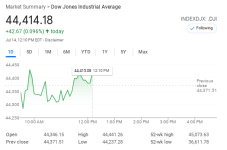Freddy Figbottom
Was it me?
globalists are dumb as fuck and hate humanity.Over $100 billion in revenue, and more advantageous for America trade arrangements.
Al of these countries have had tariffs against us for decades.
Your bitter cluelessness is amusing.




